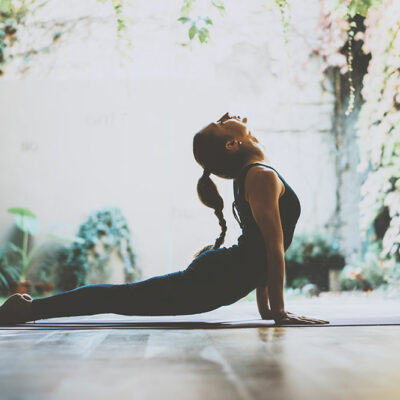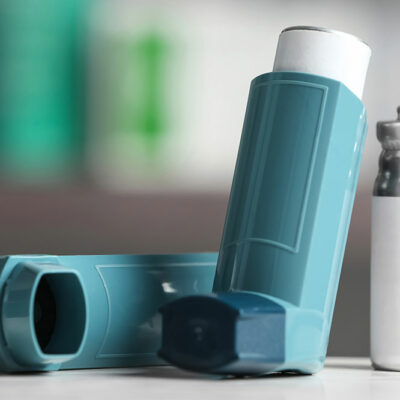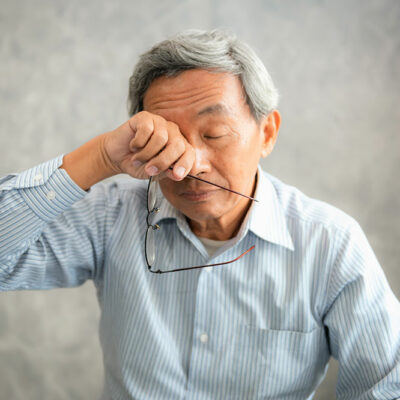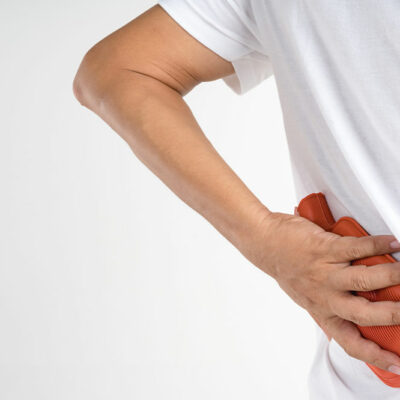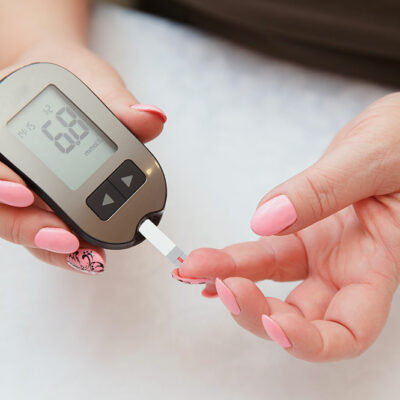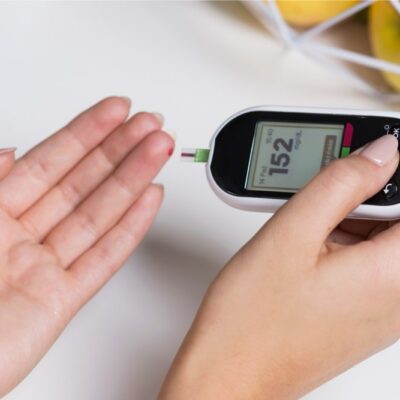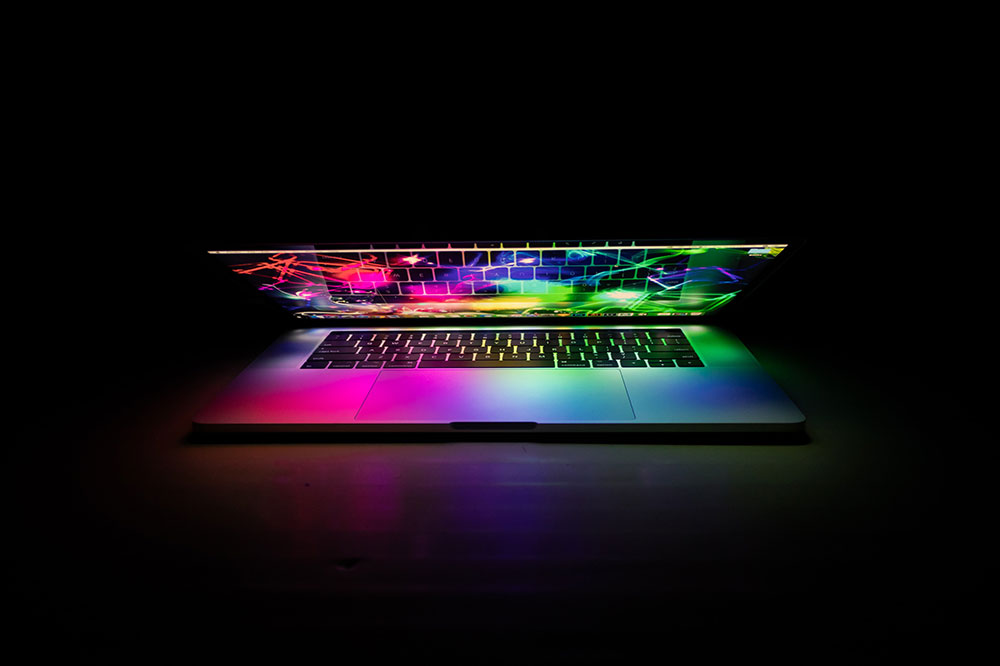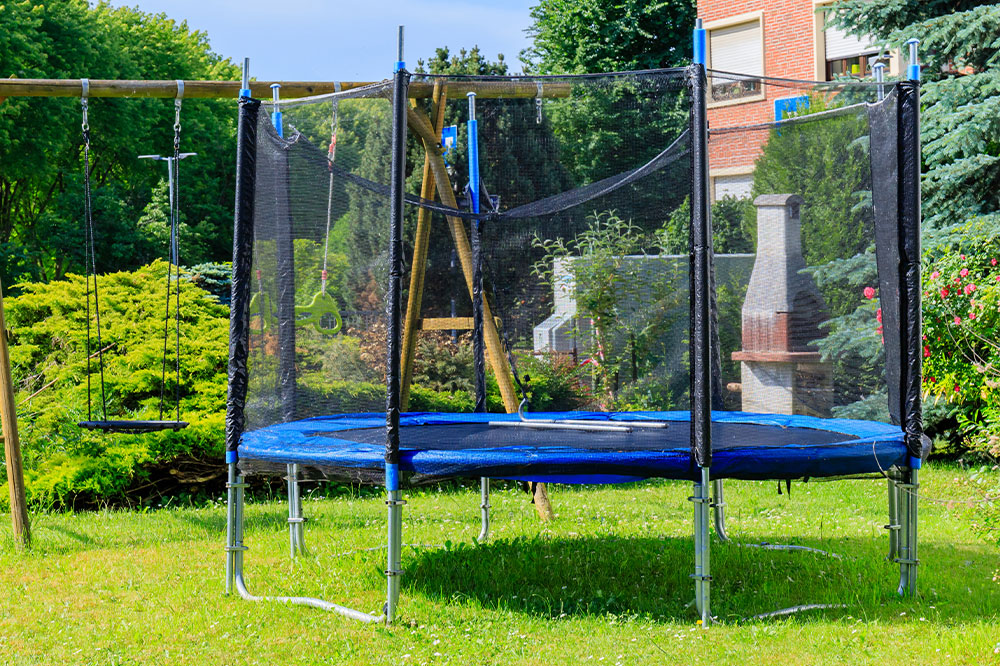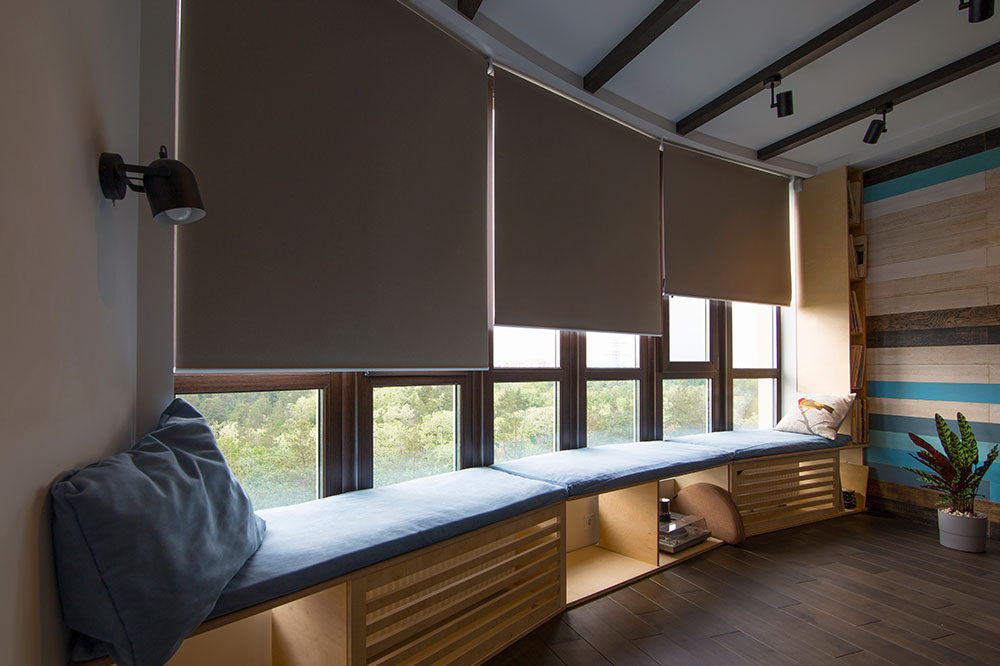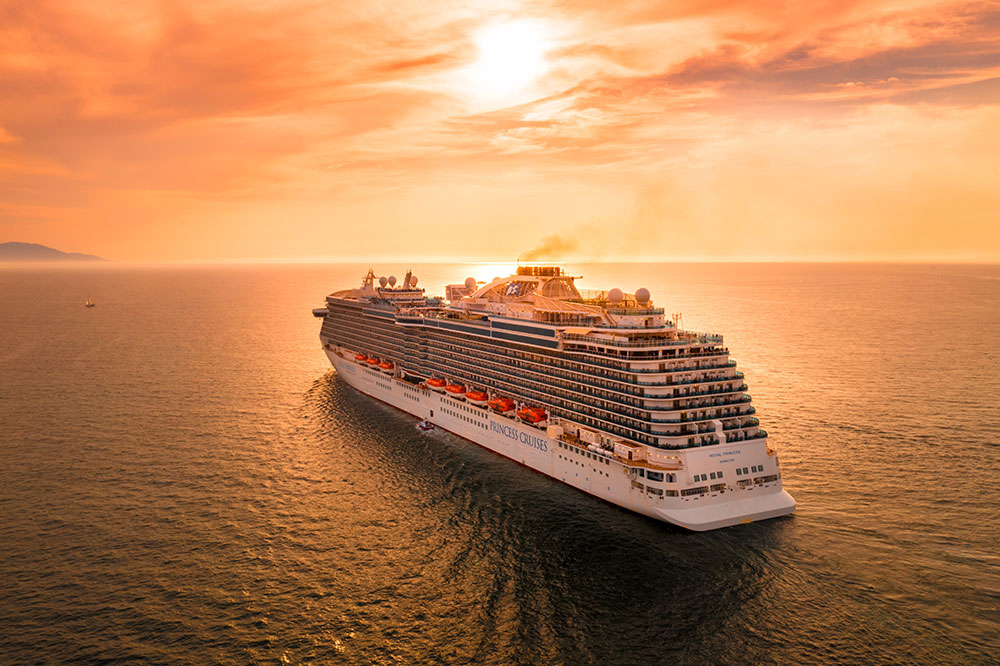6 mistakes to avoid while peeing

Peeing is a routine bodily function that gets rid of toxins and waste from the body. However, most people are unaware that certain mistakes might harm the bladder while peeing. The bladder is a part of the urinary tract system; it collects and stores urine before it is expelled. So, it is crucial to maintain a healthy bladder to prevent infections and complications. Here are a few peeing mistakes to avoid for a healthy bladder.
Holding urine for too long
Sometimes it may be unavoidable, and one may have to hold their pee in for a long time, such as in the case of long car rides, concerts, movies, and so on. However, holding urine usually causes the bladder to stretch beyond its normal capacity. The risk of urinary tract infection and damage to the bladder increases if a person frequently holds in urine for extended periods. This may lead to urinary incontinence as well as an increased risk of infection. So, it is best to relieve the bladder as soon as there is the urge to pee.
Straining to urinate
Another common mistake often ignored by many people is pushing too hard to get the pee out of the bladder. Many health experts recommend that the bladder functions optimally only when it is relaxed. Straining too hard while peeing can put additional pressure on the bladder. This can lead to irritation and damage to the organ, increasing the risk of hemorrhoids, worsening preexisting hernia, or cause the prostate to swell.
Rushing the bathroom breaks
A very common mistake that many end up committing while peeing is rushing their bathroom breaks. This causes incomplete emptying of the bladder, resulting in some urine remaining. In some cases, this may be unavoidable. However, doing so frequently and letting urine remain in the bladder for longer periods will increase the risk of infection, urinary incontinence, and bladder damage.
Not drinking enough fluids
It is usually recommended that a person drink at least six to eight glasses of fluids, including water, sugar-free beverages, and so on. This is because not drinking enough fluids will cause dehydration. An insufficient fluid intake will lead to highly acidic and concentrated urine, which can cause irritation and inflammation in the bladder.
Drinking too much caffeine
Caffeine works as a diuretic, and it is known to increase urine production in the body. This causes a frequent urge to pee. Frequent urination can weaken the bladder muscles. So to have a healthy bladder and lower the risk of bladder incontinence, it is recommended to lower or completely avoid the intake of caffeinated foods and beverages such as tea, energy drinks, coffee, and so on.
Holding breath while peeing
Not many are aware of the mistake that they may make while peeing, thus risking the health of their bladder. Holding one’s breath while peeing has the same effect as not completely relieving the bladder of urine. The action puts additional strain on the muscles of the bladder as these are not completely relaxed. This can lead to bladder damage or urinary incontinence.


